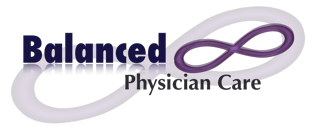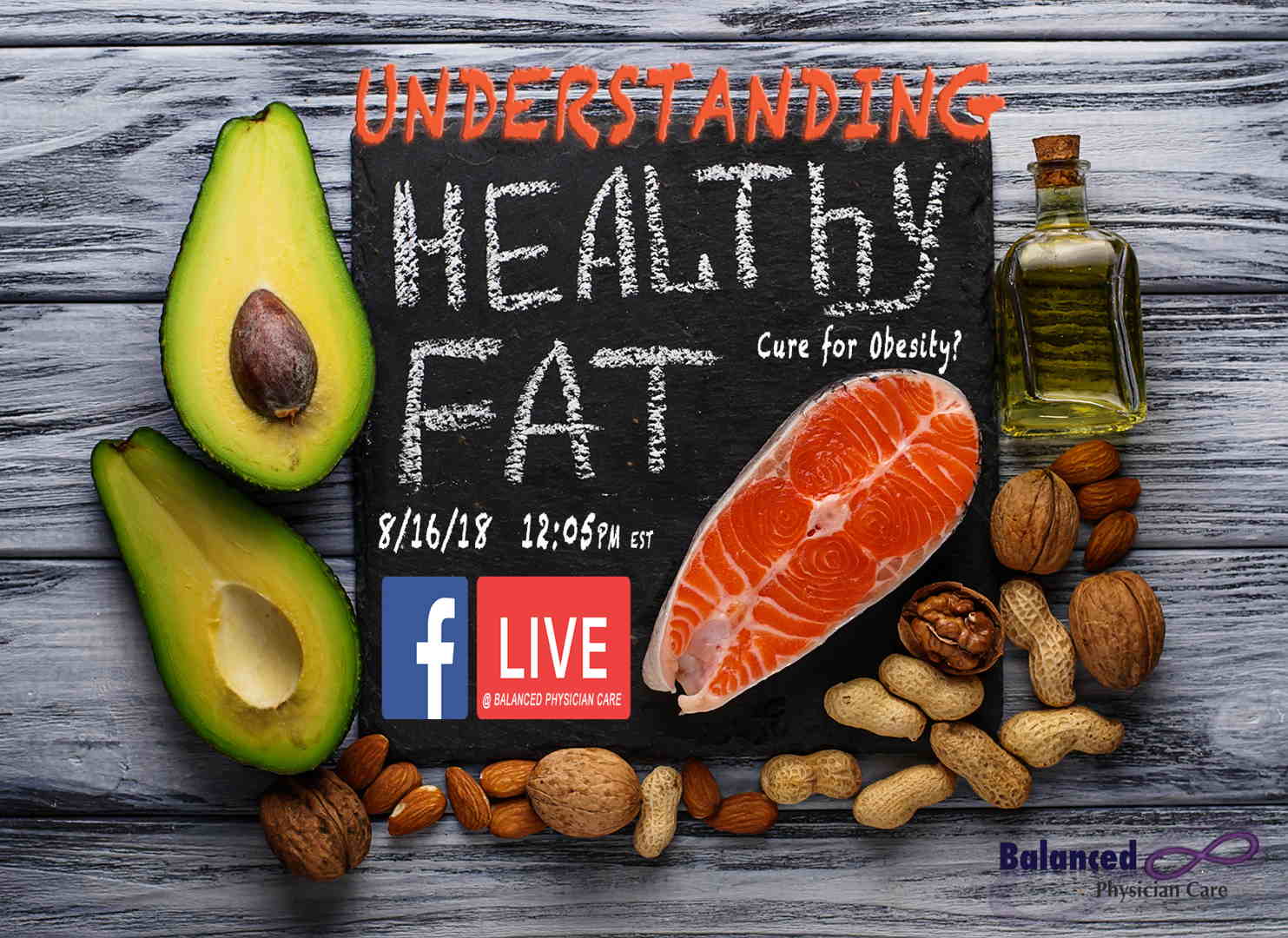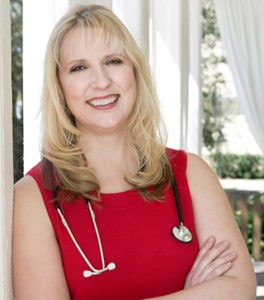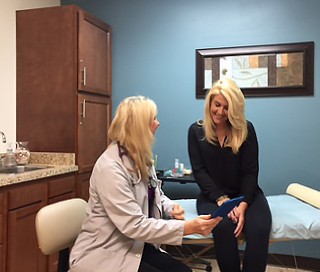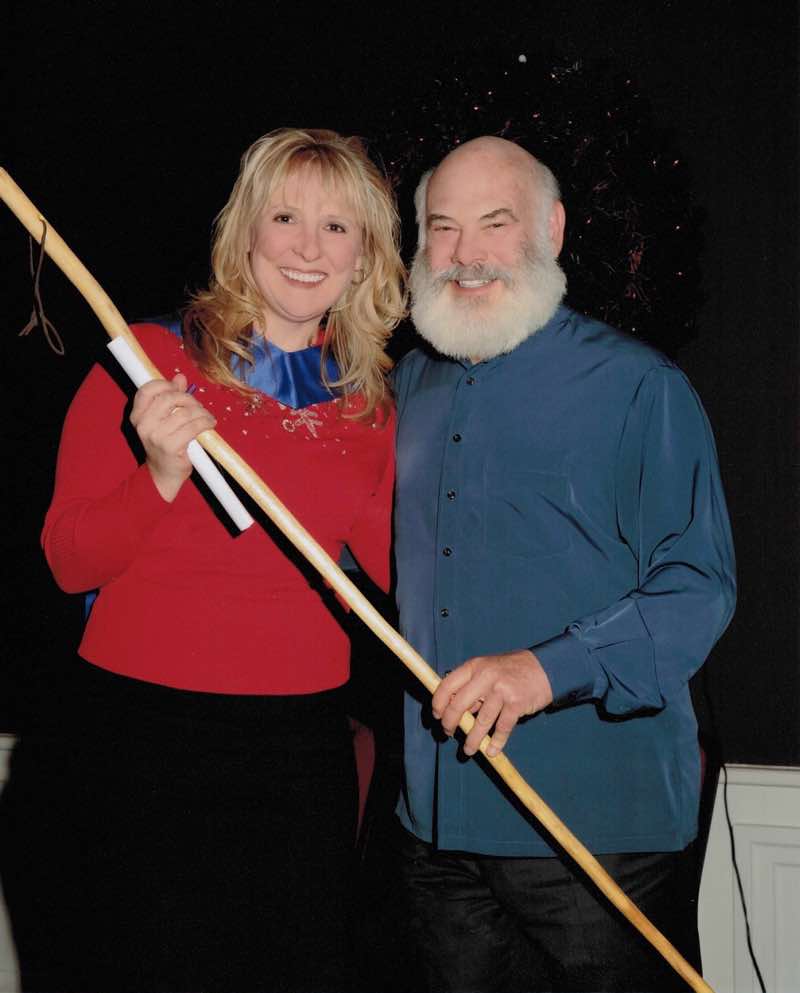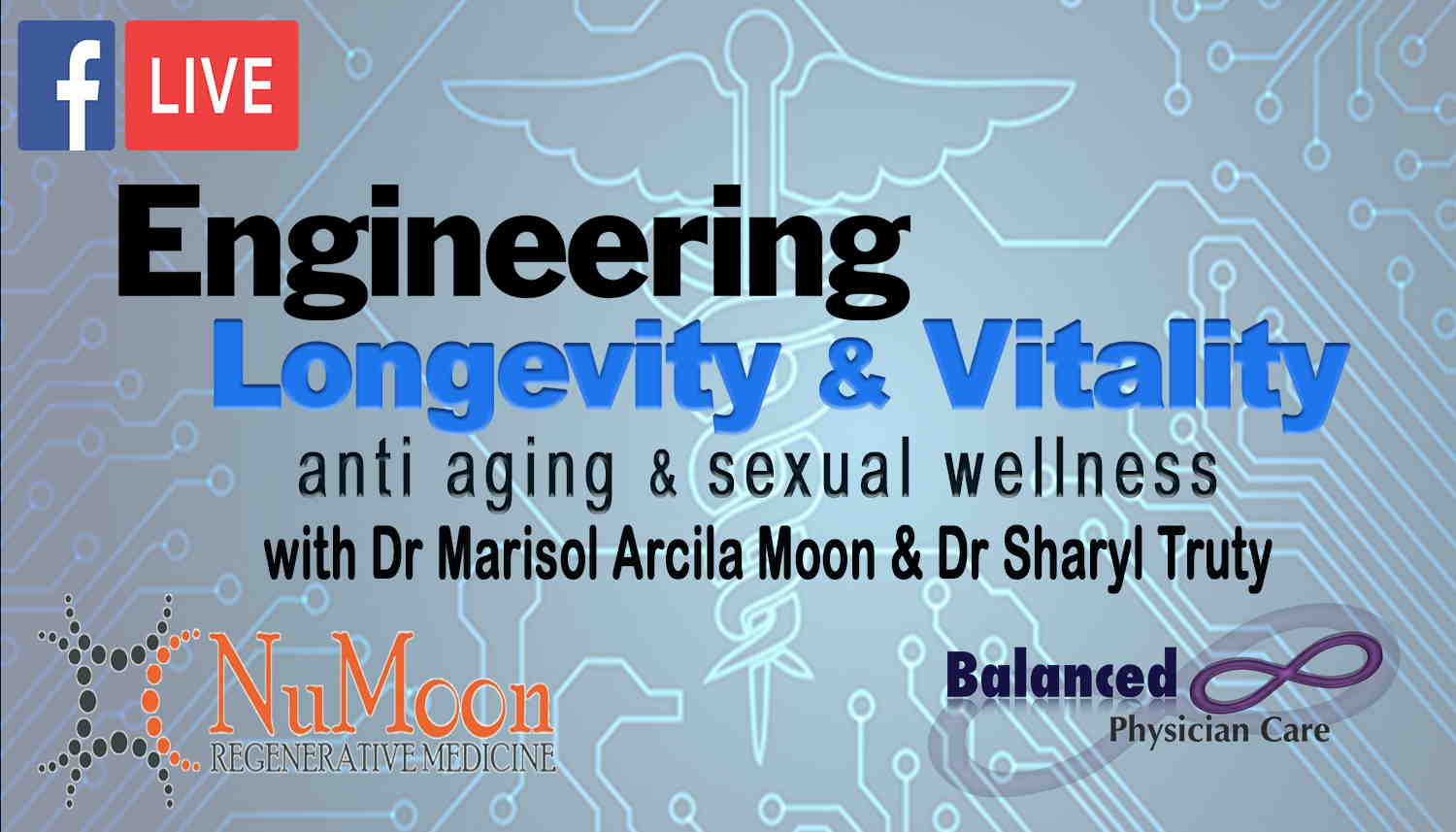
Health Tips



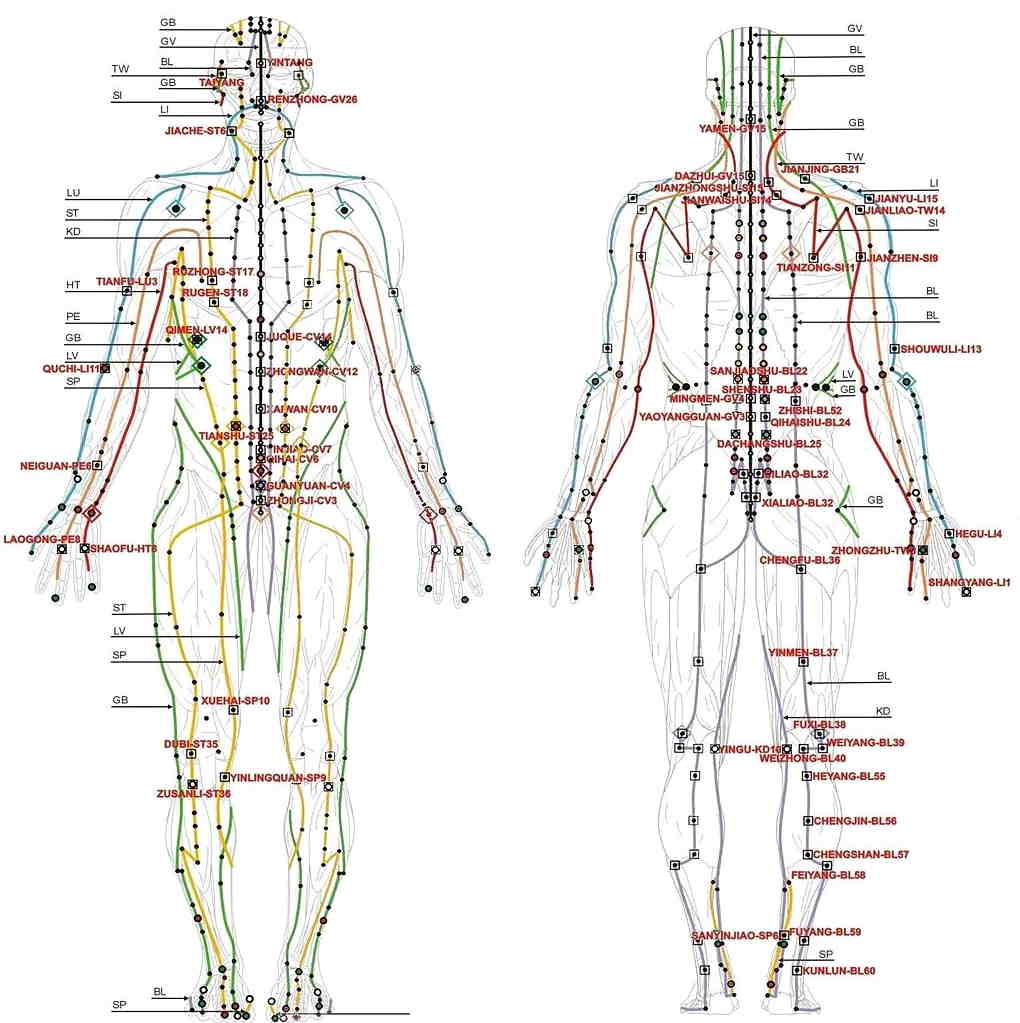
Treating Pain Without Medication – Part 3: Acupuncture
A lot of the press surrounding the opioid epidemic has focused on providing marijuana as an alternative solution. While this idea is certainly to be considered with the sensationalism and controversy that marijuana brings to the media, other ideas and solutions have not been given as much attention. While acupuncture itself is not a cure to chronic pain, there is a lot of medical evidence that acupuncture can help in both pain and the mental aspects that create perpetuation of chronic pain in brain.
A recent while paper published by A.F. Fan et.al. in the Journal of Integrative Medicine (https://doi.org/10.1016/S2095-4964(17)60378-9), the author lays out the framework of how acupuncture can be used to solve the opioid epidemic. One of the ways acupuncture is thought to work on pain is by stimulating the nerves that lower pain in our bodies. Our nervous system in it wisdom has created a break on pain. Regular acupuncture can put the brakes on this pain.
Another aspect of acupuncture healing is its ability to work on the parasympathetic nervous system. It is believed that acupuncture stimulates the parasympathetic, rest and digest, part of our bodies. This system helps to calm the effect stress has on our bodies. Stress magnifies pain in our bodies, so by reducing stress and the chemicals it produces in our bodies we can reduce pain.
Another fascinating aspect of acupuncture and pain is that acupuncture is thought to create direct changes in the brain thought the nervous system. Too much attention is often focused at the periphery when it comes to pain, but changes in our brain often perpetuate the chronic pain response. Techniques such have scalp acupuncture have shown emerging clinical evidence that acupuncture can create positive changes in different sensory and motor areas of the brain.
Acupuncture is certainly not a “cure all”. These biggest downside of acupuncture is that it often takes a commitment to a good amount of visits to create a lasting change in your body when you have a condition that has been become chronic. Despite what most have experienced in Western Medicine, the needles are extremely small and when inserted virtually pain free. Also, there are many different styles of acupuncture, so even if you have tried it before in the past and not been successful, it may be reasonable to try it again with another practitioner. Consider including acupuncture not only as another tool powerful at reducing pain circuits and energizing healing pathways in the body, but for personal and emotional self-care, as well.
Optimize Your Health, Simplify Your Life,
Dr Sharyl Truty MD
Dr Sharyl Truty MD is board certified in Family Practice and Sports Medicine and has completed a physicians course at UCLA Helms Acupuncture Training and Certification as well as acupuncture training in China. If you would like to schedule an appointment with Dr Sharyl Truty, please call 904.930.4774 and ask about the New Patient Special, 3 visits for $199, available at Balanced Physician Care.
Twitter: @DrTruty
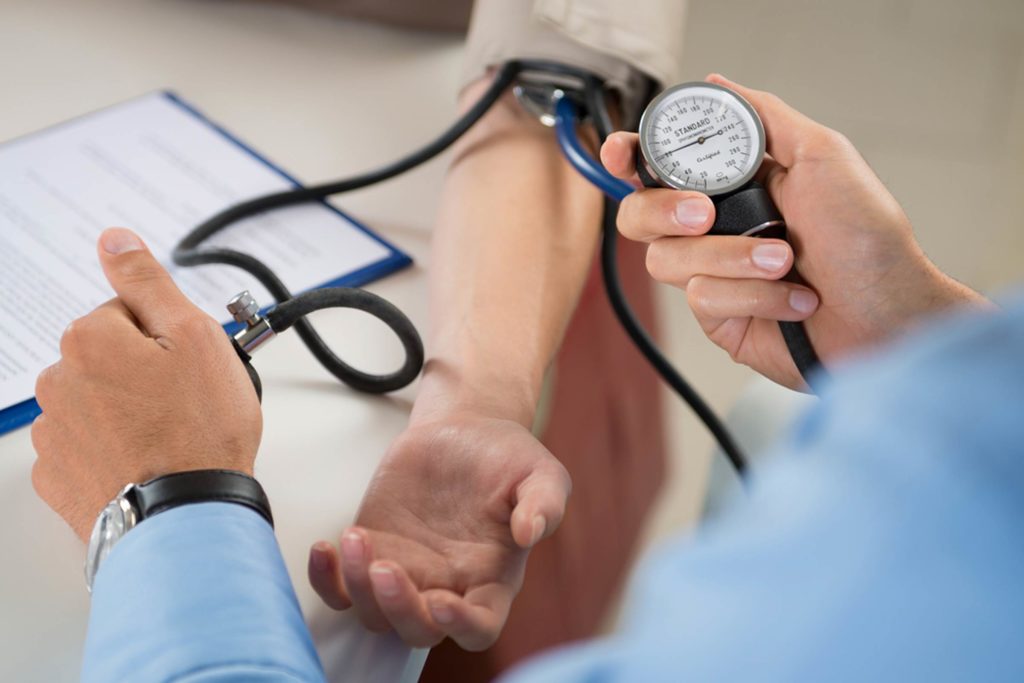
Foods to Lower Blood Pressure
When it comes to blood pressure, we often forget that certain foods that we eat can actually combat this condition. Look to the following food tips to lower your blood pressure:
1) Reduce your Sodium Intake. This is still number one. As much as possible, try to cook and eat fresh food whenever possible. Sodium tends to hide in packaged, frozen and restaurant food.
2) Eat your Garnish. Parsley is often overlooked as a decoration on your plate, but munching on this Garnish can actually lower your your blood pressure. Parsley grows easily inside as an herb garden. Consider growing some and adding it to your dishes today.
3) Ramp up the Arugula. Arugula has one of the highest amount of nitrates as a leafy green. Nitrates are converted to nitric oxide in the body which naturally dilates your blood vessels.
4) Bites of Dark Chocolate. Chocolate that is 70% cacao content or higher is rich in flavonoids. 1oz a day is all you need to get the benefit of reducing blood pressure
5) Sweet Potatoes. Foods rich in potassium help to lower blood pressure. While most people reach for bananas, sweet potatoes are another source rich in potassium to boost your diet.
Diet can be such a powerful tool for health. Most of us fall into “eating” habits. When we are busy is can be easier to reach for the same foods. Challenge yourself to try different food choices and different food places to expand your palate and your health.
Optimize Your Health, Simplify Your Life
Dr Sharyl Truty MD
If you feel like you need more information on diet or how an Integrative Medicine Consultation can be beneficial to your mind, body, & soul, then you owe it to yourself to contact us at Balanced Physician Care today (904 930-4774). Dr Sharyl Truty has the time to truly analysis your symptoms, find the root cause of your issues, and get you back on the path wellness. Dr Sharyl Truty is board certified family medicine physician and fellowship trained in Integrative Medicine at the University of Arizona.
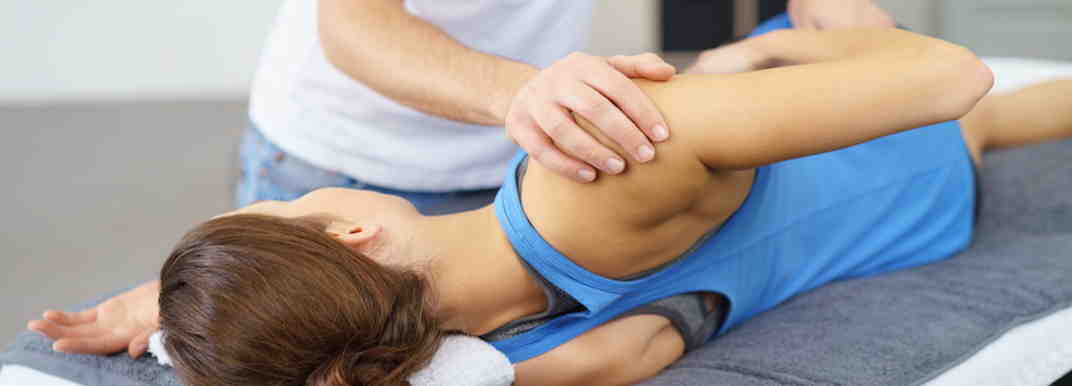
Treating Pain without Medication – Part 2: Manual Therapy
Often the power of manual treatments is minimized for two reasons. One reason a feeling of vulnerability that arises in having another person work on areas that are hurting. The other often is cost because for many manual therapies to work effectively they need to be done over an extended period of time and on a regular basis. However, there are a wide variety of treatments to explore and often no matter what your budget you can find something that works for you.
Manual Treatments worth exploring:
- Massage – Most people are familiar with massage, but often time or expense is the biggest barrier. Massage is often most effective when done in a series of treatments. A well-trained massage therapist has a wide variety of techniques at hand to relieve and release tight muscles. While I highly recommend getting a massage by professional whenever you can, if you are strapped for cash try a little self-massage with Arnica gel on a nightly basis. If you’re really motivated you can even try an App” “Massage Techniques” which available for download to your IPhone for a small fee.
- Cupping – Cupping received much attention with the 2016 Olympics with the help of Michael Phelps. If you are able to put aside the dark circle marks that form on the skin with this treatment, it is actually excellent at alleviating muscle spam and tension. We offer cupping as an add-on to the acupuncture treatments we provide in our office, but home kits can be bought for those who find this treatment helpful and want to continue its use at home.
- Scraping – Scraping is a manual technique that originated in Chinese medicine, but has found its way into massage and physical therapy. The “ATSYM” treatment that many physical therapists use to help tendon repair really has its origins in the scraping technique perfected by the Chinese. This technique uses the edge of a ceramic spoon to “work” the tendon areas. This is also is a great self-treatment technique that can be taught for self-care and can help to breakup stubborn knotted tendon.
- Reflexology – Reflexology is the application of pressure to certain points in the body that seem to influence other areas of the body. This concept has been around for centuries and is often used in acupuncture, as well. Often reflexology is done in combination with other treatments such as massage, but it is also a great treatment that can be done on your own at home. Seek out a practitioner familiar with the various reflexology maps on the body and have them show you different techniques to get these areas of the body working for you.
- Reiki/Healing Touch – This is a more alternative manual technique that is really good for people who are sensitive to touch or whose pain has caused them to be hypersensitive. It is considered an energy-based treatment similar to acupuncture, but without needles. Practitioners consciously use their hands in an intentional way during a treatment that in theory manipulates the magnetic field around the body.
- Rolfing – This is a more alternative manual technique in which the practioners work to manipulate the body’s fascial layers and combine this with active and passive movement retraining. If fascial layers are tight this can have some painful moments, but often people who respond well feel a satisfying release and subsequent improvement in their arc of movement in restricted areas.
- TENS Units – There are a variety of handheld units that deliver a wave or pulse therapy though pads that are attached to the skin. Through mechanisms not fully understood this pulse treatment appears to help dampen an overactive pain response and allow muscles to heal. Home units are often available by prescription from your physician or physical therapist.
- Manipulation Therapy – Manipulation therapy actually can be done by a variety of providers. Most commonly chiropractic physicians come to mind first, but there are a variety of other providers who do manual manipulation as well including osteopathic physicians and physical therapists. I often encourage people to try a wide variety of different manual therapists, so experience different techniques to find the one that is right for them.
Optimize Your Health, Simplify Your Life,
Dr Sharyl Truty MD
Dr. Sharyl has been engaged in family medicine, sports medicine and orthopedics for over fifteen years in many different capacities. She is the physician-owner of Balanced Physician Care, a holistic, direct primary care medical practice in Ponte Vedra Beach, Florida. Her practice provides a unique solution for individuals and small business owners who are seeking answers to better healthcare. She is Board Certified in Family Practice and has a Certificate of Added Qualification in Sports Medicine. She was team physician for the Chicago Red Stars women’s professional soccer team, completed a fellowship in Integrative Medicine at the University of Arizona, and has received her acupuncture training at the UCLA physician certification program. She currently lives in Jacksonville Beach with her husband, Myke and 4-year-old son, Lukas.

Treating Pain without Medication – Part 1
The opioid epidemic has gained the national spotlight. Locally, there is a bill in the Florida State Legislature to restrict the prescription of controlled substances by physicians including opioid pain medications.
Regardless of whether you are dealing with fibromyalgia, chronic back pain or rheumatoid arthritis. There are 5 main key cornerstones to pain recovery.
- Manual therapy
- Acupuncture
- Strength Restoration
- Remapping the Mind
- Anti-inflammatory Diet
To be able to truly break the pain cycle, requires the attention and work of all five. However, the biggest challenge that most pain patients face is affordability and access to the providers in each of these areas. Unfortunately, pills and tablets are cheap and the effort and price required for these interventions is expensive.
As a society, the epidemic will not go away until these core access issues are addressed. However, each of us an individuals can make an independent choice to work on each of these five areas on our own. In upcoming blogs, I will explore each of these cornerstones and the rationale behind their effectiveness and also examine cost effective ways that each of us can integrate these into our busy lives.
As someone who deals and has dealt with chronic pain on a daily basis, I can understand the emotional as well as physical challenge of dealing with such a chronic disease. However, the body has a tremendous ability to heal and with a new perspective and a willingness to step into a new frame of mind there is much hope. One simple change a day is all it takes.
Optimize Your Health, Simplify Your Life,
Sharyl Truty, MD
Dr. Sharyl has been engaged in family medicine, sports medicine and orthopedics for over fifteen years in many different capacities. She is the physician-owner of Balanced Physician Care, a holistic, direct primary care medical practice in Ponte Vedra Beach, Florida. Her practice provides a unique solution for individuals and small business owners who are seeking answers to better healthcare. She is Board Certified in Family Practice and has a Certificate of Added Qualification in Sports Medicine. She was team physician for the Chicago Red Stars women’s professional soccer team, completed a fellowship in Integrative Medicine at the University of Arizona, and has received her acupuncture training at the UCLA physician certification program. She currently lives in Jacksonville Beach with her husband, Myke and 4-year-old son, Lukas.
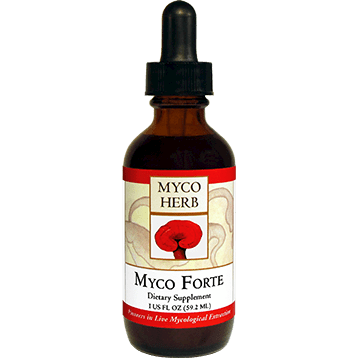
Fantastic Fungi
I remember disliking mushrooms as a kid, I would go out of my way to pick them out of any food that I ate. As I grew to an adult, I grew to like them more. As an integrative doctor, I am absolutely in love with Asian medical mushrooms. The medical benefits of these little fungi are impressive and for any of those still harboring a strong mushroom a dislike, worth rethinking.
Asian Mushrooms for Thyroid.
One of the least known facts is that mushrooms can help thyroid disorders. While the exact way this is done is still unknown, from observation, Asian mushroom extracts have the ability to normalize the thyroid hormones in the body. Regardless, if you have a high thyroid disorder or a low thyroid disorder, the edible Asian mushrooms may help decrease your need for medication. Most often increasing shitake and maitake mushrooms in your diet can be helpful.
Asian Mushrooms for Cancer Prevention.
Immune cells in our body have receptors for mushroom compounds. In particular:
1) Maitake mushrooms have shown promise in fighting prostate cancer and breast cancer.
2) Chaga Mushroom extract has shown to have activity against cancers of neuroectodermal orgin: melanoma, neuroblastoma, leukemia and ovarian cancer
3) Reishi mushroom extract has shown to have activity against colon, bladder, breast and prostate cancer.
Asian Mushrooms for Memory and Mood
A mushroom called Lion’s Mane (Hericium Erinaceus) has shown promise in improving memory while the supplement is taken. This does seem to reverse when the extract is stopped. However, there is also promise in this mushroom showing promise in decreasing anxiety and improving mood and concentration.
Remember not all mushrooms are edible and some can contain toxic compounds, so be sure to purchase extracts that have a high quality and purity. Furthermore, for those edible mushrooms like Shitake and Maitake be sure to always cook them before you eat them for this same reason.
Optimize Your Health, Simplify Your Life,
Dr Sharyl Truty, MD
We have Myco Forte Mushroom Extract available for $23.00 for 1 oz or $37.00 for 2 oz at Balanced Physician Care
904-930-4774
References:
Mushrooming Immunity and Mental Clarity – Lisa Alschuler, ND, FABNO
Asian Mushrooms in University of Arizona Fellowship content – Dr. Andrew Weil, MD and Dr. Donald Abrams, MD
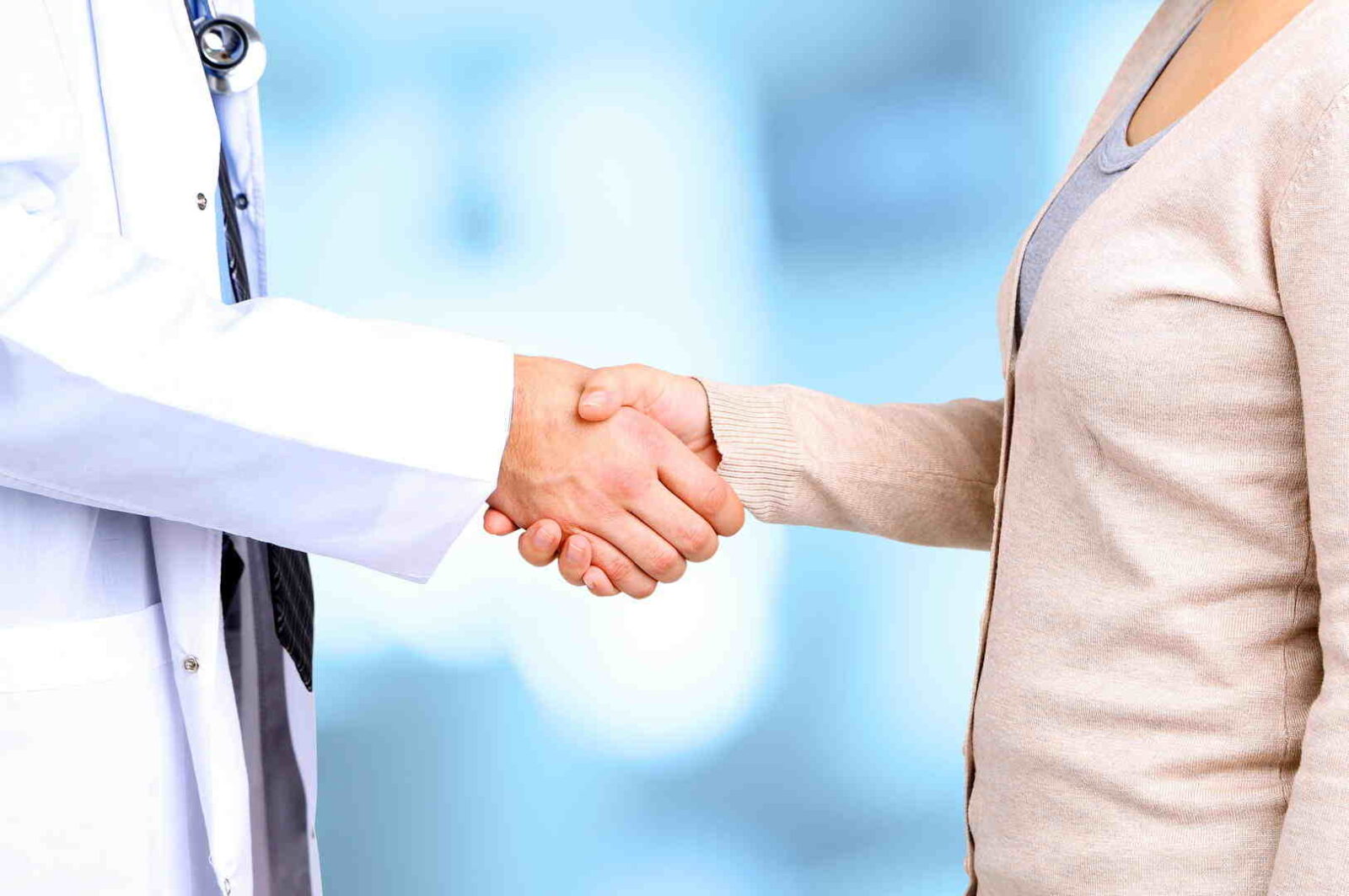
Doctor/Patient Relationship
The patient/doctor relationship, it’s what healthcare is all about. It’s the path in which data are gathered, diagnoses are made, treatments are discussed, and healing begins.
For many years, doctors have recognized that the well being of their patients depends upon effective communication between themselves and the patient.
Today, effective communication plays an even greater role, especially when most of us are self-diagnosing our ailments using the latest web post or some blog post 😉
You have a say in your healthcare decisions!
When you are actively involved in the decision making process, you get the combination of your doctor’s expert medical knowledge and your right to be fully informed of all treatment options, including potential side effects, success rates, harms and benefits.
This provides you with the information and support you need to make the best healthcare decisions for yourself.
A good relationship benefits everyone. A relationship built on mutual respect, knowledge, trusts, shared values, and perspectives about disease and life allows for better quality and better transfer of information regarding your disease or illness.
To help build or enhance a strong relationship with your doctor, you should:
- Bring medical problems to the attention your doctor in a timely fashion
- Provide all relevant information about your medical condition
- Work with your doctor in a mutually respectful way
And remember you have the right:
- You have the right to information regarding the benefits, risks, and costs of treatments
- You can accept or refuse any treatments recommended by your doctor
- You deserve courtesy, respect, dignity, responsiveness, and timely attention to your needs
- Confidentiality
- You have the right to continuous healthcare as long as further treatment is medically needed
We all know there are A lot of medical choices out there, but on the same note it can be difficult to find a doctor that you can build a quality, healthy, healthcare relationship with. Here are some suggestions to help in your search. Is your doctor willing to:
- Sit down with you and give you the time needed to adequately discuss your medical issues
- Develop an understanding of you as an individual, not as a disease or a medical condition
- Show you empathy and respect
- Listen attentively and create a partnership
- Elicit your concerns and fears about your disease or condition
- Answer questions honestly
- Inform and educate you about treatment options and the course of care
- Involve you in decisions concerning your medical care
Healthcare seems to be getting more rushed, more high-tech, and less personable all the time. The practice of sitting down with your doctor, and honestly and respectfully discussing your disease, condition, or concerns cannot be replaced. I have great news...
That's what you get with a Balanced Physician Care Membership!
The true benefits of personal healthcare will always continue to cultivate therapeutic benefits that are commonly believed to improve the patient’s experience.
Sources:Fundamental Elements of the Patient-Physician Relationship—The American Medical Association
The Influence of the Patient-Clinician Relationship on Healthcare
Outcomes: A Systematic Review and Meta- Analysis of Randomized Controlled Trials by John M. Kelley, Gordon Kraft-Todd, Lidia Schapira, Joe Kossowsky, Helen Riess
Patient-Physician Communication— American Academy of Orthopaedic Surgeons
